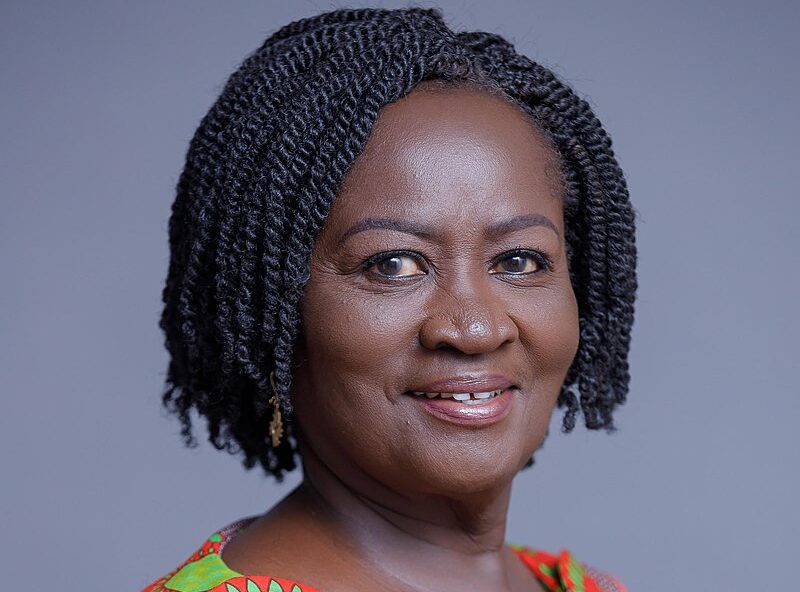BY THE OPTIMIST DAILY EDITORIAL TEAM
Ghana elected Professor Naana Jane Opoku-Agyemang as its first female Vice President, marking a pivotal advancement in gender inclusivity within the nation’s political sphere. Her triumph, with President-elect John Dramani Mahama under the National Democratic Congress (NDC) banner, is nationally lauded as a significant advancement for women’s representation in governance.
A trailblazer in academia
Born on November 22, 1951, in Cape Coast, Central Region, Opoku-Agyemang’s journey is one of breaking barriers. She obtained her Bachelor’s and Diploma in Education from the University of Cape Coast, subsequently acquiring a Master’s and Ph.D. in English Literature from York University in Canada. In 2008, she became the first woman to lead a public university in Ghana, serving as Vice-Chancellor of the University of Cape Coast. Her term was characterized by significant reforms, encompassing infrastructure enhancements and the advancement of gender parity within the institution.
Move to political leadership
Opoku-Agyemang’s political career began in 2013 when she was named Minister of Education during Mahama’s presidency. During her tenure, she oversaw major educational reforms such as the elimination of temporary “schools under trees,” the construction of modern buildings, and the distribution of free textbooks and school uniforms. In 2020, she achieved a historic milestone as the NDC’s vice-presidential candidate, becoming the first woman selected for the role by a prominent political party in Ghana. Her nomination demonstrated a strong commitment to inclusivity and gender equality.
The significance of her election
Opoku-Agyemang’s election signifies a pivotal advancement for Ghana and exemplifies a model for the African continent. Her background in education and public service qualifies her to support school reform, gender equality, and youth empowerment. Her leadership is poised to introduce a novel viewpoint to national policies, especially in developing innovative measures to enhance Ghana’s education sector. Beyond Ghana, her election represents a symbol of progress for female representation in African political leadership, pushing women all around the continent to pursue positions of prominence.
National commemoration
Following the election results, euphoric NDC supporters took to the streets around the country to celebrate their historic triumph. Women around Ghana were proud of Opoku-Agyemang’s accomplishment, seeing it as a tremendous reinforcement of women’s leadership potential.
Anticipating the future
During Ghana’s power transition, Opoku-Agyemang’s involvement will be crucial in determining the nation’s destiny. Her commitment to education, gender equality, and national unity will lead her as she takes on this new responsibility. Her election is not only a victory for the NDC but also a success for all Ghanaians, epitomizing advancement, resilience, and the potential for a more inclusive political environment. Under the stewardship of Mahama and Opoku-Agyemang, Ghana is positioned for a future characterized by unity, diversity, and visionary leadership.












